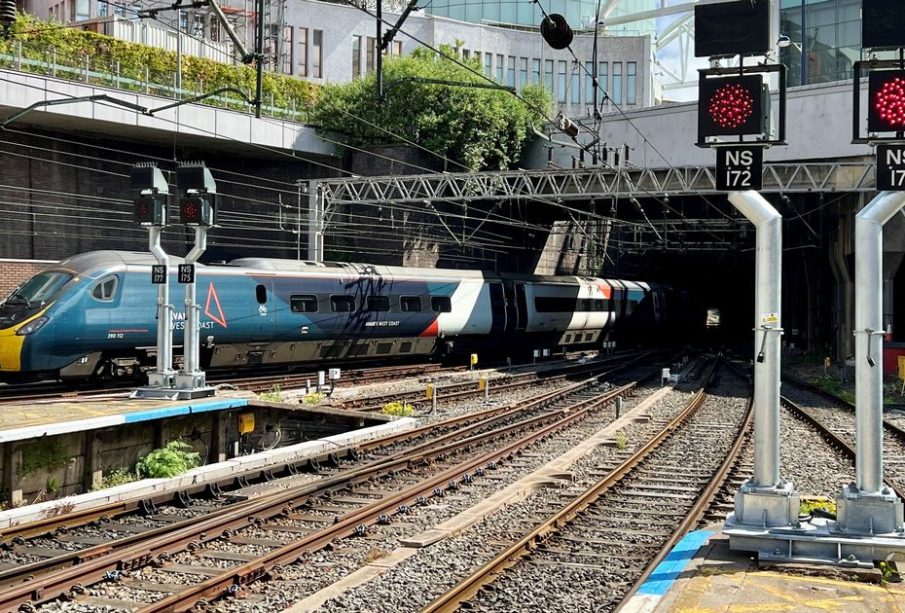Birmingham Trains Cancelled: Disruptions Affect Commuters

Introduction
Recent reports indicate that Birmingham’s train services have faced significant disruptions, leading to numerous cancellations across various routes. This situation has not only inconvenienced daily commuters but also posed serious concerns for travellers reliant on these services. Given that Birmingham is one of the UK’s major transport hubs, the impact of these cancellations on local economies and individuals is particularly noteworthy.
Details of the Cancellations
As of October 2023, train operators in Birmingham have announced that a substantial number of services have been cancelled due to a combination of factors including adverse weather conditions, signalling failures, and staffing shortages. According to the latest updates from Transport for West Midlands, over 40% of services were reported as either delayed or cancelled on peak travel days. Passengers have expressed frustration as many were left stranded at stations, with limited information available regarding alternative travel arrangements.
Factors Contributing to Disruptions
Weather conditions have been one significant factor impacting train operations, as heavy rainfall and flooding in certain areas have made tracks unsafe for travel. Additionally, ongoing investment works aimed at upgrading infrastructure have inadvertently led to reduced capacity on key routes. Operators have acknowledged that unexpected staffing issues have further compounded these challenges, with workers facing health concerns linked to recent events including strikes and public health issues.
Responses from Authorities
In response to the growing concerns over service reliability, local authorities and train companies have promised to implement contingency measures. They have committed to improving communication with passengers, ensuring timely updates are provided on service statuses, and exploring options for additional bus services as alternatives for some affected routes. The Rail, Maritime and Transport (RMT) union has also entered discussions to highlight the need for improved working conditions and job security for railway staff.
Conclusion
The current wave of train cancellations in Birmingham has created a ripple effect of inconvenience, particularly for those who rely on public transport for work and daily activities. The ongoing disruptions highlight the critical need for investment in infrastructure and workforce stability to restore confidence in the rail system. Until these issues are adequately addressed, passengers can expect continuing challenges when planning their journeys. Train operators are hopeful that with the implementation of proposed measures, service reliability will improve in the coming weeks, paving the way for a return to normalcy for Birmingham’s transport network.









